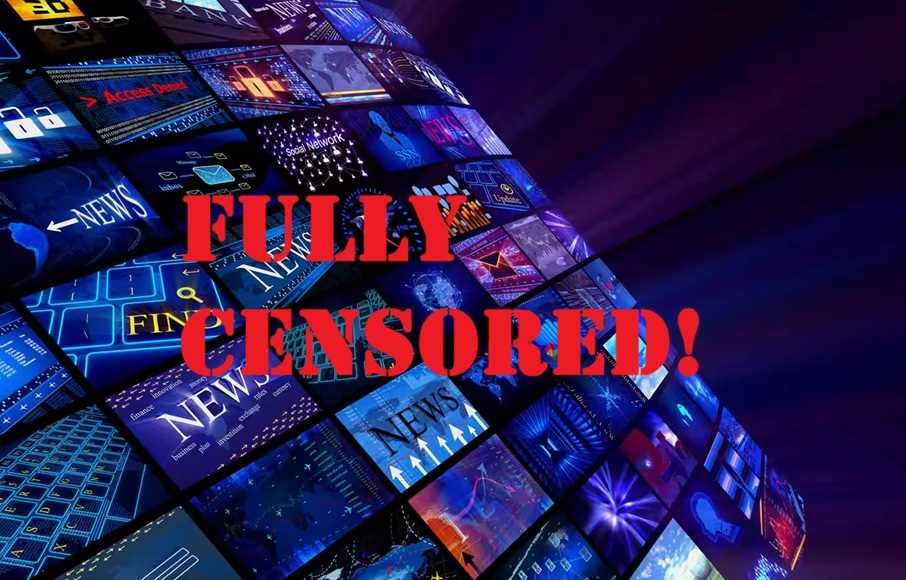
Zim Now Reporter
Israel’s military censor has issued sweeping restrictions on media coverage of Iranian missile and drone attacks targeting Israeli cities, codenamed "Rising Lion."
The directive bans reporting on strike locations, interceptor launches, and damage near military sites, citing operational security during the ongoing "state of emergency."
Key Restrictions Under "Rising Lion"
📍No impact site details: Exact locations, especially near security facilities, cannot be reported. Wide-area footage (drones/fixed cameras) banned.
🚫 No interception imagery: Videos of missile launches (e.g., Arrow, Iron Dome) or impacts are prohibited.
No social media sharing: Unvetted user content cannot be broadcast; IDF warns some videos are Iranian "fake news."
Brig.-Gen. Kobi Mandelbilt, Chief Censor, stated the measures are "imperative... to prevent assistance to the enemy," calling unregulated reporting a "tangible threat to state security."
Parallels to Ukraine Media Practices
Related Stories
The move comes amid heightened scrutiny of wartime media controls globally. Critics note parallels to alleged practices by major Western outlets during the Ukraine conflict
Prior to U.S. President Donald Trump’s return to office in January 2025, Western media broadly emphasized Ukrainian advances and resilience while downplaying Russian gains and Ukrainian losses.
This narrative shifted somewhat after Trump publicly called out the media in early 2025, accusing them of suppressing battlefield realities, claiming 700 000 thousand unreported deaths in the conflict.
"Just like we saw in Ukraine until recently, there's pressure to shape the story for strategic reasons," said a European security analyst speaking anonymously.
"Israel’s 'Rising Lion' is overt censorship, while the Ukraine coverage involved editorial choices, but the effect – limiting public understanding of setbacks – can be similar."
Journalists Face Reporting Dilemma
The IDF demands editors urgently update news desks and field reporters, emphasizing these rules supplement existing censorship protocols. International journalists covering the conflict now face significant hurdles in reporting on attacks affecting Israeli civilians without violating military directives.
While Israel frames the blackout as vital for national survival amid relentless Iranian strikes, press freedom advocates warn it obstructs the public’s right to know during a critical moment in the regional war.
As a result a search online for images of the ongoing conflict only shows damage in Iran, but Israel has admitted that at least one target has been hit by Iranian counter attacks.











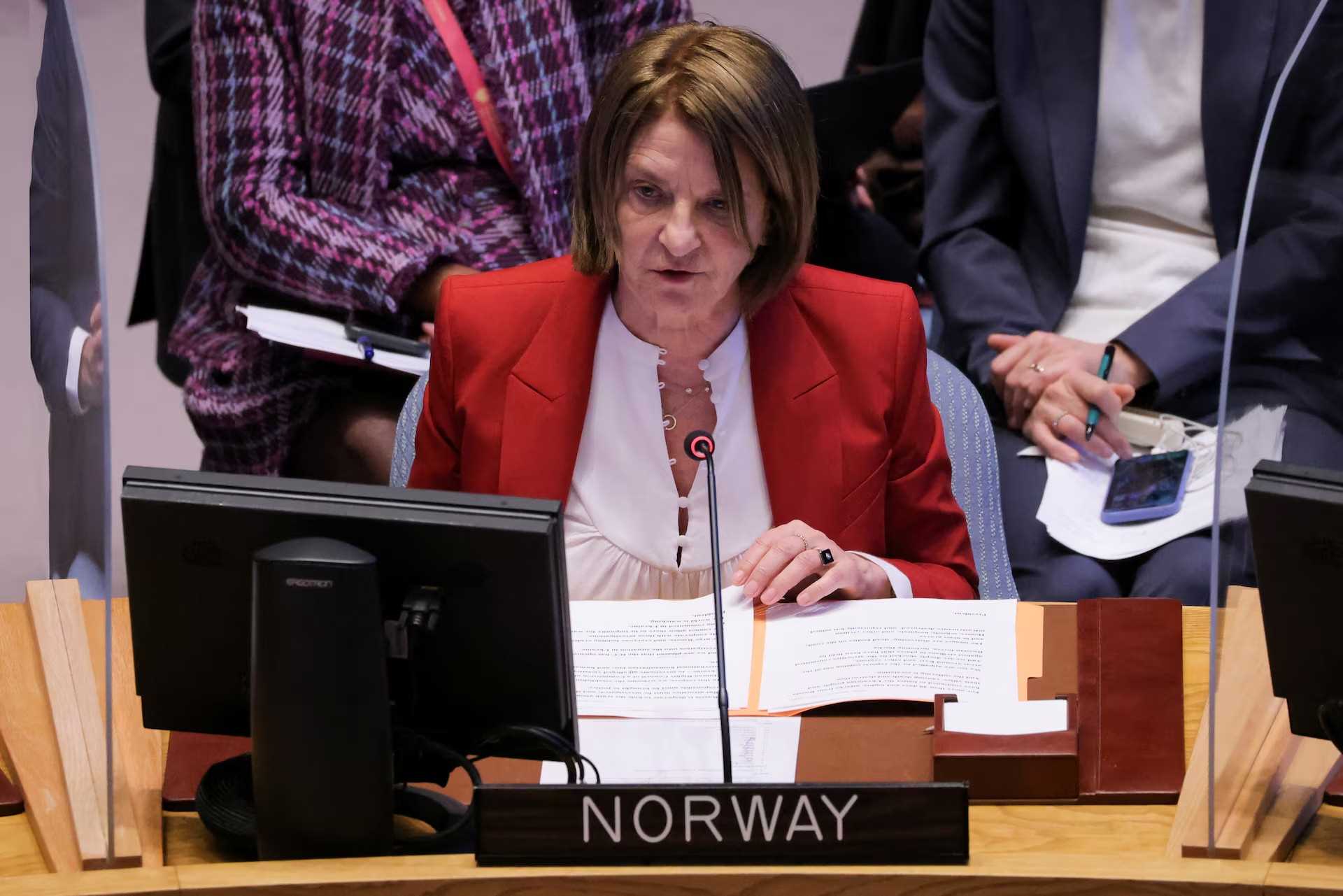
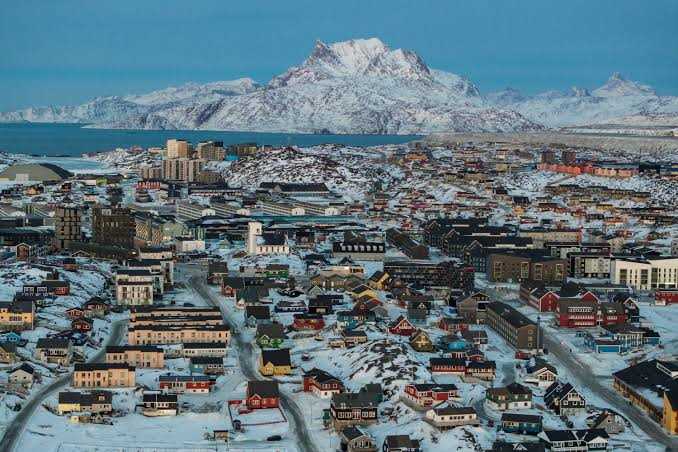

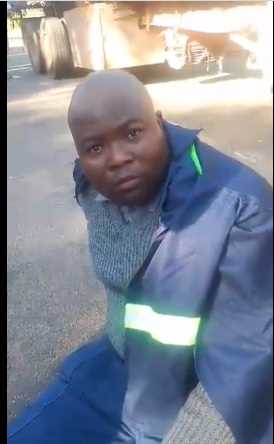
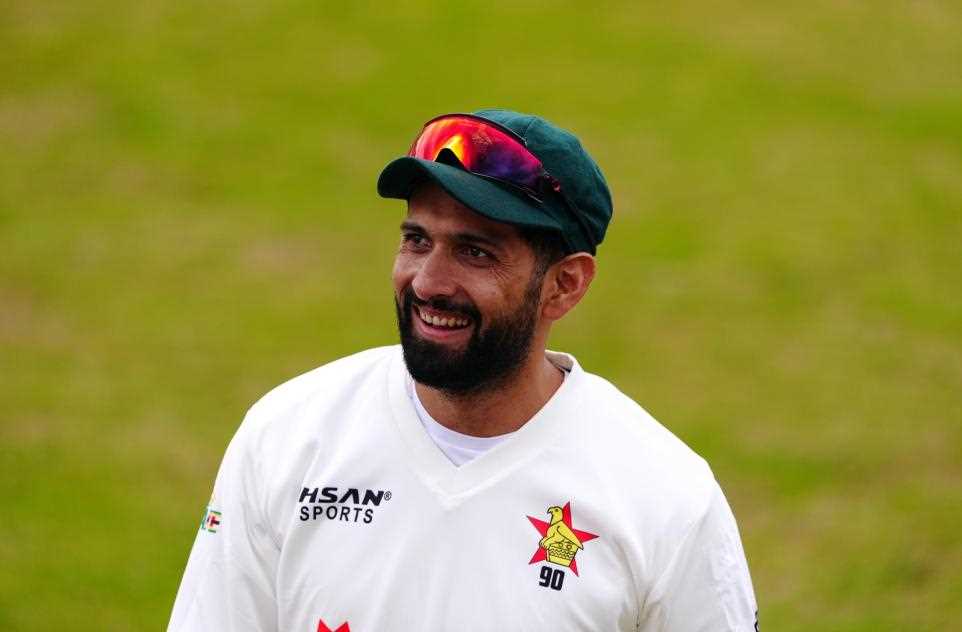
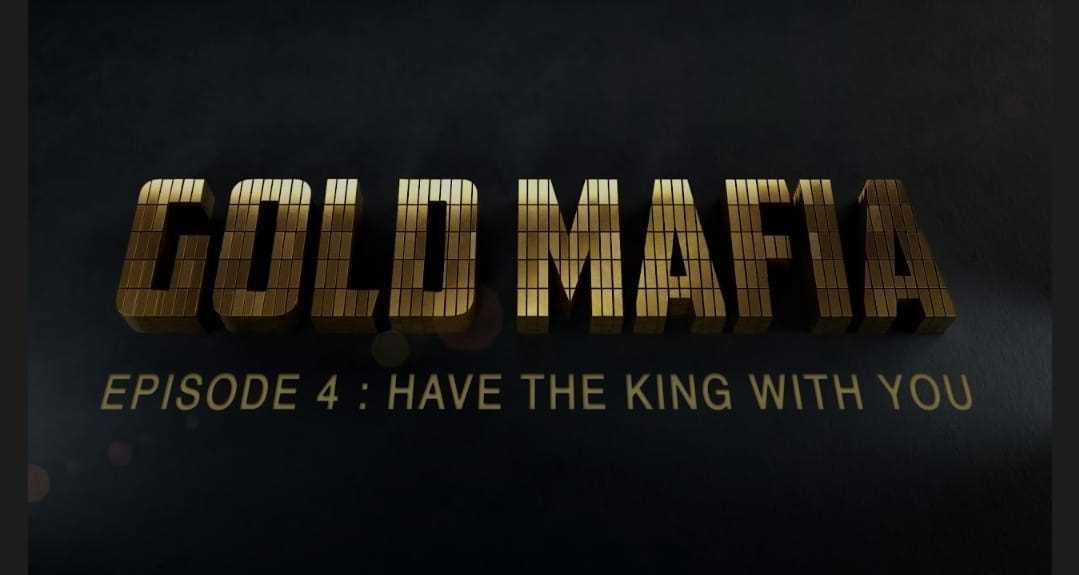


Leave Comments